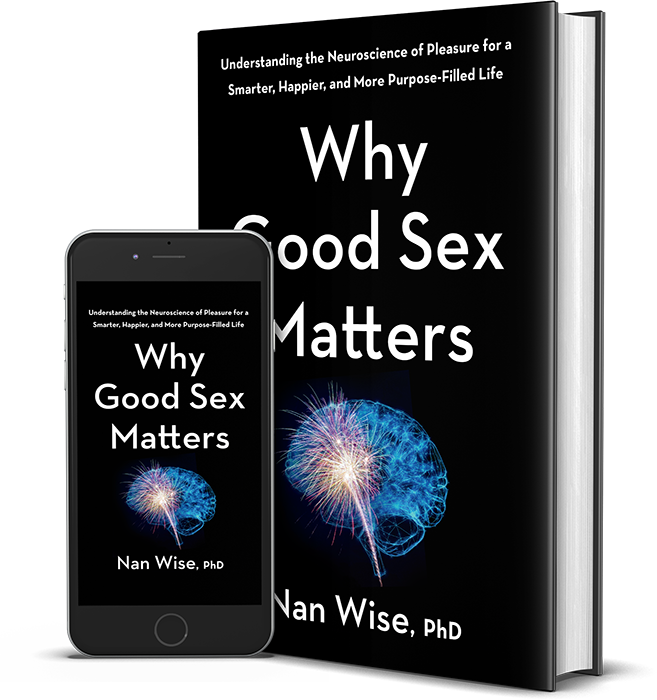 Most people make resolutions about what they should do to be happy. But research shows that harnessing one’s attention on radical acceptance of what is and focusing on how you get to be in the new year will increase your ability to enjoy life.
Most people make resolutions about what they should do to be happy. But research shows that harnessing one’s attention on radical acceptance of what is and focusing on how you get to be in the new year will increase your ability to enjoy life.
Want to make New Year’s resolutions that enrich your life and increase your happiness?
The ability to enjoy life is on the mind of a lot of people, as evidenced by the popularity of the Netflix movie Stutz, in which the actor/director Jonah Hill shares his therapy journey to self-acceptance and happiness, guided by his psychiatrist Phil Stutz, author of The Tools. Don’t take my word for the incredible power of this approach; in a recent Esquire piece titled “Anyone With a Brain Should See Stutz Right Now,” the author asserts that watching this show will change the way you see the world.
One of the most important lessons regarding happiness I’ve learned from decades of being a psychotherapist and writing my book, Why Good Sex Matters, is that happiness doesn’t work like we think it does. In fact, we often have things backward! We imagine that if we do certain things, we will have what we want and need, and then we will be happy. Many of us convince ourselves that if we achieve the right weight, get the right relationship, the right job, the right house, car, hot tub—all the possessions and accomplishments that we think we need and want—then we will be happy. Ah… if only.
What ends up happening is that we chase our happiness on the hedonic treadmill.
We habituate to our new gains, and our happiness returns to baseline quickly. The good news is that this set point can be modified or adjusted by consciously making choices to manage our core emotional systems.
The late neuroscientist Dr. Jaak Panksepp, through decades of meticulous experimental work, established that all mammals have seven distinct circuits, buried in the deep, ancient parts of the brain—which, when experimentally stimulated, evoke specific emotions (responses that get us to move into the world) to meet our needs. These core emotional systems—seeking, fear, rage, panic/grief, lust, care, and play—serve as the “primary colors” of our basic emotions, which, in concert with the higher brain regions, drive our emotional lives.
A very brief introduction to the core emotions.
The predominant system, powered by dopamine, is called seeking (as it is designed to motivate us via pleasurable feelings to find that which we need and also through pain signals to avoid what will be painful). As such, it also helps to regulate the other systems, which fall into two categories that are about ensuring our survival: the defensive emotions (fear, anger, and panic/grief) and the social emotions, lust (the urge to merge), care (the source of our feelings of well-being, powered by our internal opioids), and play (the source of our social joy). Together, these seven core emotional states are wired into our human DNA.
Another piece of good news is that the hedonic treadmill also works in reverse. We adjust to negative events, even those that are very upsetting, and return to our relative set point of well-being. We, humans, are an adaptable species!
So, if a large part of happiness resides in what we decide to do with the cards we are dealt, why not take advantage, harness the power of our attention, and focus on how to be happy, satisfied, and complete right here and now.
How to harness the power of attention.
How we are using our attention is creating big problems. We spend way too much time in continuous partial attention, constantly dividing our attention. Think of it as being plugged into our devices, always on standby. We wait for notifications, messages, likes, and other input.
We are no longer present in the moment. We are no longer present to the people in the room. This hijacks our emotional brains and sabotages our capacity to connect to others. Making a conscious choice to unplug enough to be present can do wonders for our well-being.
Creating your new way to be can be done by using what I call “operational intelligence.”
Operational intelligence involves learning how to own our feelings of anger: for example, listening to what fuels these feelings, acknowledging our interpretations and expectations, and then taking appropriate action (if necessary) to remedy the issue. In other words, negative feelings are fine to have. You don’t want to deny or block them. But you also want to shift your attention to view these feelings as opportunities to become more connected and intimate instead of stonewalling or free-falling in defense mode.
Operational intelligence is, in essence, the process that enables us to realize that we all have the inner resources we need to be happy.
Here’s an example: The old version of you is based on you not liking your body. You think, “If I lose weight, then I will be happy. Then I will want to have sex again and feel good in and out of clothes.” So, you diet and fight your feelings of hunger and cravings for comfort foods. You deprive yourself and lose a few pounds. You feel good for a bit but then get stressed about something and eat even more. You then feel fat, discouraged, and unhappy. And even if you manage to lose weight again, something else bugs you. You don’t like your stretch marks, wrinkles, job, or something else, and it’s on to the next goal that you imagine will make you happy.
The new version of you would start with “I like my body and want to move my body in ways that feel good. I consciously step into loving my body exactly as it is. I decide to be happy in my body.” From here, you listen to your body and feed it foods that taste good and are good for you. You dance, you play, and you move your body because it feels good. You enjoy your body. You feel sexy! You want to share your beautiful body with your lover. You focus on self-love and self-soothing and self-care.
Doesn’t that sound like a great way to start the new year?




